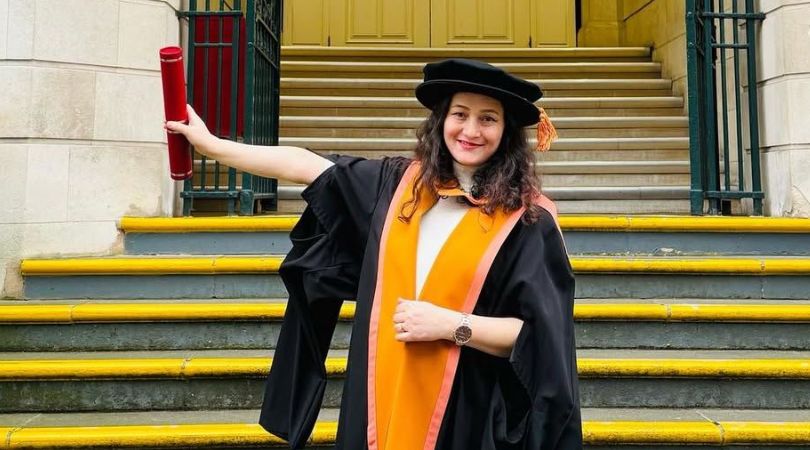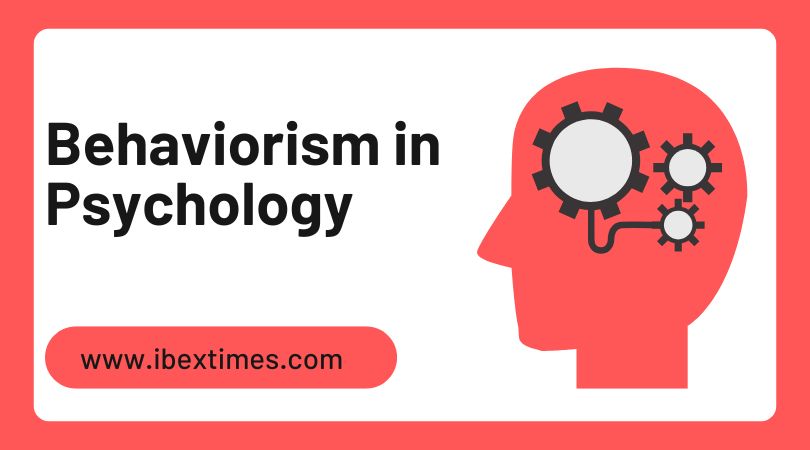By Zain ul Muluk
International Women’s Day is celebrated every year on March 8 to highlight the social, cultural, economic, and political achievements of women. It is also a day to reflect on the issues of the women and create awareness about the ongoing struggle for gender equity in the world.
The most important means of empowering women is education. Education not only helps women acquire knowledge and promote skills but also helps in promoting gender equity by breaking gender specific stereotypes.
Equipping women with the education can bring about a positive change in the society, the country, and the entire world. Education is essential for women’s personal development and prosperous life. It also helps women to increase their economic, employment and business opportunities and to enhance their participation social activities.
According to UNESCO, ‘one year of primary education can increase a woman’s future income by twenty percent. An additional year of secondary school can increase her income by twenty-five percent. Moreover, compared to men who spend an average of 30 to 40% of their income on their households, women invest 90% of their income back into their families. Thus, economic prosperity comes in families.
Education helps women to increase their economic, employment and business opportunities and to enhance their participation social activities.
Zain ul Muluk
Education is important not only for women but for the entire society but, when women are educated, they are more likely to increase the workforce and contribute positively to the economic and social development. Educated women are also more likely to have smaller families, better health outcomes, and be more engaged in their children’s education.
Education can help women understand their rights and advocate for themselves and their families. Nevertheless, many women around the world still face difficulties to access education. In many countries, girls are less likely than boys to attend schools and more likely to leave schools incomplete.
According to a 2020 UNICEF report, 132 million girls were out of school globally. One and a half billion students stayed out of educational institutions for almost two years due to Covid-19. It is highly likely that many girls could not resume their education after the situation returned to normal. This is due to several factors such as poverty, early marriage, cultural beliefs and discrimination.
Women living in poverty often lack access to basic resources, i.e. as adequate food, housing and health care. They need to work to support their families, so they are deprived of education which is also a basic human right. Due to poverty, many girls are unable to pay school fees, forcing them to drop out or not attend school at all. This trend is more common among school leaving girls between the ages of 12 and 17. About forty percent of the developing countries have not taken any concrete steps in this regard till date.
Beacuse of poverty, women work to support their families thus becoming deprived of education which is also a basic human right.
Zaun ul Muluk
Another barrier to women’s education is early marriage and childbearing. Girls who marry early are often forced to drop out of school and may not have the opportunity to complete their education. It can therefore have long-term consequences for their economic and social prospects as well as their health and well-being. Moreover, the uneducated women are also more likely to have more children than educated women. Unlike the women without any formal education, the educated women are less likely to marry at an early age and are more likely to live a healthier and better quality of life. Education enables women to earn more income.
According to the researches of World Bank and the International Center for Research on Women, educated women have fewer children and avoid childbearing at an early age. This usually leads to safer pregnancies for both the mother and her babies and better outcomes for healthy newborns. Therefore, through education, women can be able to make right decisions on matters affecting them.
Unfortunately, women are being exploited in our society. The main reason for this exploitation of women is the patriarchal system and lack of access to education. If women are educated, they can help eradicate many social evils and women exploitation in a number of ways. For example, one of the social evils in the context of Pakistan is the curse of dowry.
Countless number of women spend their entire lives without getting married just because they could not afford dowry. Similarly, many women in our society live in the face of taunts, insults and physical torture due to non-payment of dowry. Thanks to education, women can gradually play their role in overcoming the evil of dowry in society. Similarly, by finding a good job and fulfilling their economic needs, the educated women can prevent potential domestic abuses due to no dowry.
If women are educated, they can help eradicate many social evils and women exploitation in a number of ways.
Zain ul Muluk
Educated mothers play an important role in educating their children at home. She is the primary caregiver as well as the educator of her children and has a unique opportunity to inculcate values and teach important life skills. Women can use this opportunity to teach their children about gender equality, respect for diversity and the importance of education.
Educated mothers help their children to create a positive learning environment at home by providing them with regular study time, and essential learning resources. They can also help their children to develop good study habits i.e. setting different goals, noting important tasks and points, and regularly evaluating their performance.
Apart from academic skills, mothers can also teach their children important life skills, such as cooking, cleaning, time management and financial management. These skills will help their children become more independent and self-sufficient.
Through education, women can also play a key role in the education and improvement of society at large. They can use their influence and expertise to promote gender equality, challenge stereotypes and act as ambassadors for change. They can also use social media and other online platforms for these purposes. They can effectively communicate their experiences and ideas to others and use their voice to raise awareness about important issues.
Women can also educate the society by actively participating in community organizations, for example, through the platform of these organizations, they can work to promote gender equality, women’s rights and health. They may also participate in political organizations that work for women’s rights and representation in government. Thus, through their education, they can make a large-scale impact in society.
International Women’s Day is a day to celebrate the achievements of women and to reflect on the issues they are facing. Education is an important tool to empower women and promote gender equality and it is important that women have equal access to education. Women can also play an important role in educating their children and society at large. By instilling the values of equality and respect in their children and as ambassadors of change in their communities, women can help create a more equal and just world.
Educated women are more likely to have better economic opportunities, be engaged in their communities, and better equipped to advocate for their rights. By investing in women’s education, we can create a more equal and just world for all.
On International Women’s Day, let us celebrate the achievements of women and reaffirm our commitment to ensuring all women could learn, grow and flourish.
The writer is an academician and currently associated with Aga Khan University Examination Board as Manager Curriculum and Examination Development.














